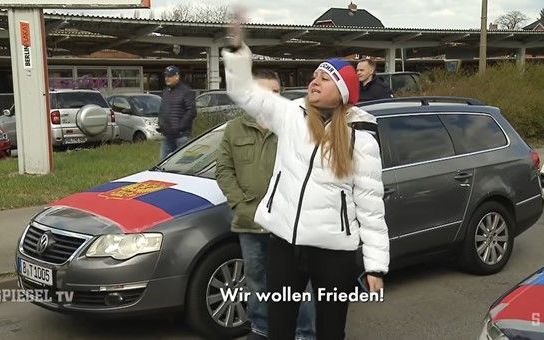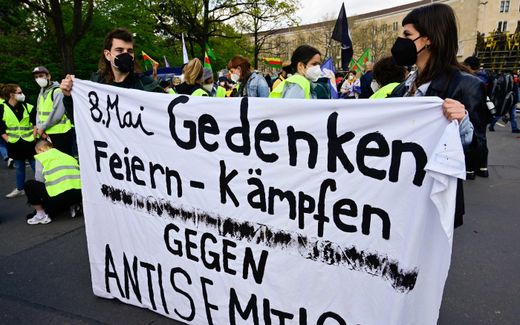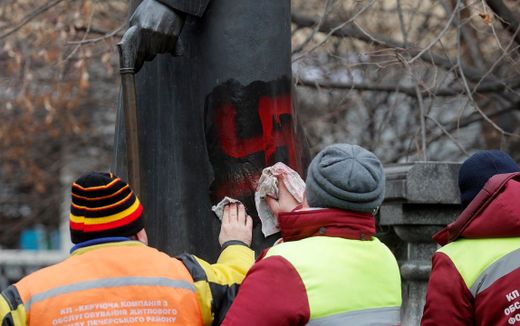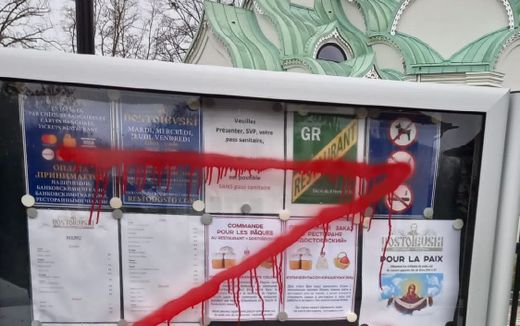Russian Germans oppose war, but still experience discrimination

Russian demonstration against the war in Germany. The subtitles read: "We want peace!" Photo screenshot YouTube
Central Europe
Germans of Russian origin have experienced more hostilities since the Russian invasion of Ukraine, even though most of them oppose the war.
"We don't want Putin's war in Germany, Bernd Fabritius says to Die Tagespost. Fabritius is the chairman of the Federation of Expellees (BdV) and used to be the Federal Government Commissioner for late resettlers. Fabritius: "We need social cohesion and not blanket discrimination and exclusion."
According to the chairman, Russian Germans are also victims of Putin's regime, as many of them have relatives in Ukraine. He does not notice any support for the Russian invasion among Germans of a Russian origin. He says to Die Tagespost that most of them see the occupation as a fratricidal war.
The truth is, according to Fabritius, that most Russian Germans want people to recognise that the Ukrainian war is the conflict of Putin and the Russian Federation, not a battle of the Russians in general."
The Association of Germans from Russia also denounces the war. Its national chairman, Johan Thießen, says on the website of the Association that he is "deeply dismayed by the terrible events and developments – not only in Ukraine but also in Russia." Furthermore, he writes that the "horrific images from Bucha, Mariupol, Kharkiv and many other cities in Ukraine, and the conditions in Russia break hearts" and "tear open old wounds of many compatriots who, as children, experienced the horrors of war and flight."
Russian campaign to divide society
Fabritius warns against individual Russian actors who want to disturb that narrative by promoting a story that Russians are no longer safe in Germany. One of these actors is the German-Russian Brotherhood, the chairman specifies. "That is an offshoot of the motorcycle club of Vladimir Putin."
That would fit within Putin's strategy of dividing society, Die Tagespost writes. The hostilities against the Russian Germans are targeted manipulations and deceptive manoeuvres, Fabritius explains. "Our experience has shown that most incidents are not hostility from civil society, neighbours or work colleagues, but rather targeted disruptive actions." In his opinion, Germany should carefully distinguish between individual acts or a targeted campaign that aims at dividing society.
Jannis Panagiotidis, a Viennese expert on migration, explains to Die Tagespost that Putin's supporters in Germany are starting to speak up more and more. According to Panagiotidis, these people are not a majority but a vocal minority. He estimates their number to be about a quarter of the Russian population in Germany.
There is a lot of uncertainty due to contradictory information that people receive from the Russian media on the one hand and the German media on the other, Die Tagespost writes. There are actual cases of hostility, but also many rumours, manipulations and fake information. It often remains unclear who spreads false information.
In the 18th century, many ethnic Germans moved to Russia, because they were promised free land and exemption from military service among other things. Many of them returned to Germany after periods of hunger and persecution.
Related Articles






